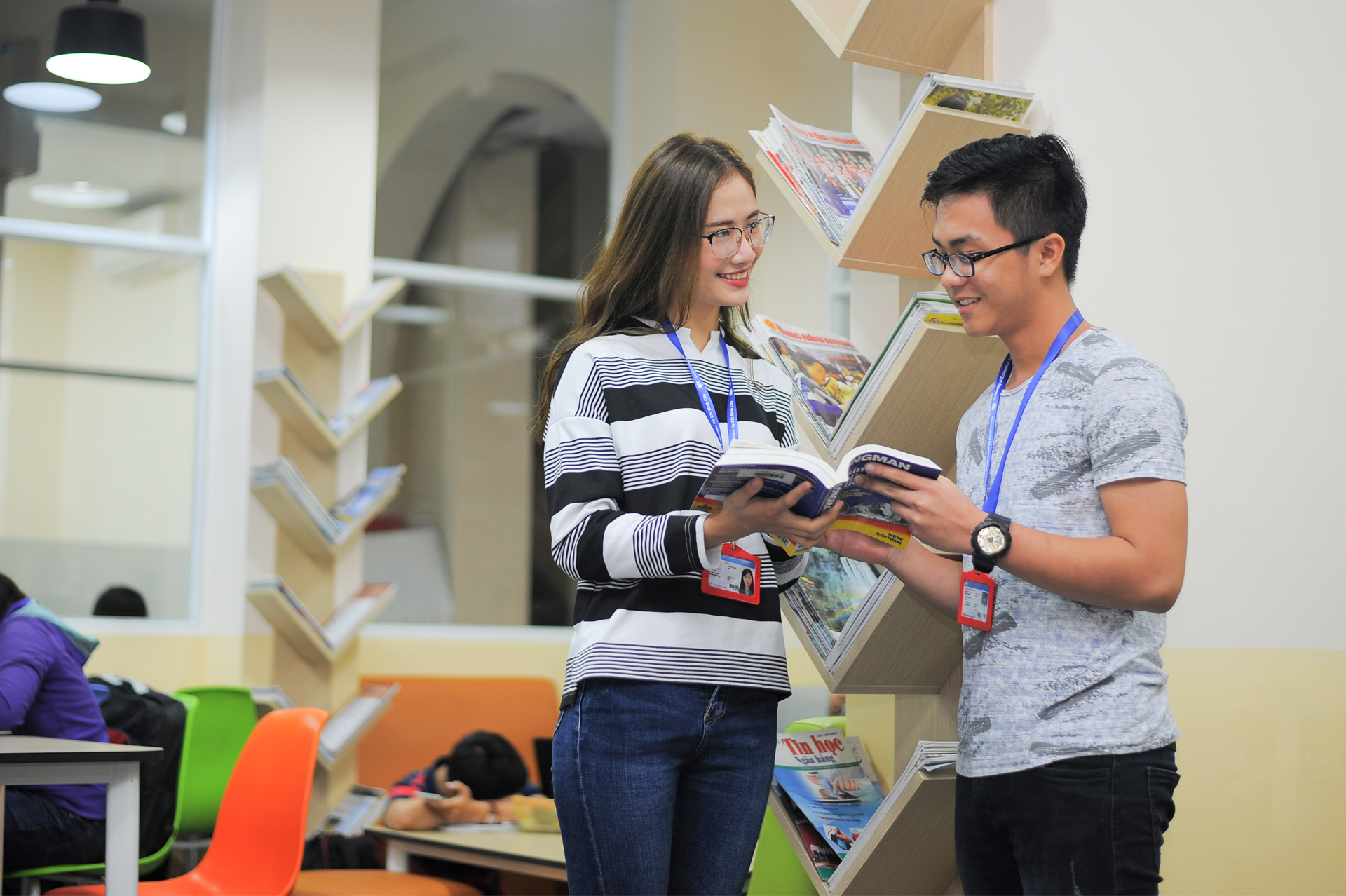
Online Seminar on Culture, Cohesion and Civil Community: How smart cities have been constructed from the past most outstanding achievements
On 21st December 2020, the Institute of Smart City and Management organized the online seminar “Culture, Cohesion and Civil Community: How smart cities have been constructed from the past greatest achievements” belonging to the SMARTCITY+ program and series of events in 2021 of the Institute of Smart City and Management at University of Economics Ho Chi Minh City (UEH)
Attending the meeting, there was Dr. Trinh Tu Anh - Director of the Institute of Smart City and Management; Dr. Nguyen Quang - Director of the United Nations Human Settlements Programme (UN-Habitat); Dr. Vu Chi Kien - Director of the Architecture Research Center, HCMC Department of Architecture and Planning; Dr. Juhyun Lee - Faculty of Planning, Environment & Space Science, University of Groningen; Dr. Julia Babcock - Program Manager at the National Policy Consensus Center, Portland State University and Dr. Pham Thai Son - Master Program in Sustainable Urban Development (SUD), Vietnamese – German University (VGU).
The online Seminar discussed how to conserve cultural, social, and historical heritage – the foundation of successful social cohesion. The domestic and international experts shared their experiences in such topics as how smart cities can leverage diversity and integration when applying technology, the role of public and private sectors in creating "smart process and culture" which were reviewed in several cities like HCMC, Hanoi (Vietnam), Amsterdam (Netherlands) and Portland (USA).
As a keynote speaker with the topic “Urban regeneration: Towards a creative capital city”, Dr. Nguyen Quang - Director of UN-Habitat says that developing Hanoi to become "the Creative Capital of Southeast Asia" is considered as a new vision, which will enhance awareness, promote Vietnamese culture and arts, as well as be the catalyst to attract investment, develop country’s trade and tourism. In which, the urban regeneration and cultural infrastructure projects such as “Hanoi Art Park”, “Dong Anh Smart City” and “National Exhibition Center” will promote the Vietnamese architecture, design, and traditional craftsmanship as well as significantly improve Hanoi's position and reputation as a “Global City” and “Creative Capital of Southeast Asia”. He also emphasizes the use of Information Technology - Communication (ICT) as the core component of urban planning and management. Additionally, regenerating and connecting urban spaces are also suggested during the developing process towards a creative capital city.
Dr. Vu Chi Kien – Director of the Architecture Research and Urban Planning Institute HCMC, continues the Seminar with the presentation “The Future Ho Chi Minh Smart City: Challenges and solutions”. According to Decision No. 6179/QD-UBND, Ho Chi Minh City aims to become a Smart City in the period of 2017 – 2020 up to 2025, which four indicators (ensuring economic growth and development towards knowledge-driven and digital economy, urban management efficiency based on strategic forecasting technology, improving working and living environment, enhancing citizen participation in urban governance).
Dr. Kien also highlights 04 pillars and 09 groups of solutions: Public administration reform, Traffic, Environment, Urban flood management, Human resources, Urban regeneration, Health, Food Safety, and Security to achieve the above targets. In his opinion, Ho Chi Minh City is facing many challenges, including pressure from urbanization and other emerging issues, public investment efficiency, the insufficient capacity of the ICT human resource with the low starting point. To solve these challenges, suggested solutions need to be implemented: Developing a highly interactive innovation zone, focusing on data development, investing in ICT human resources in the public sector, and creating a combination of bottom-up and top-down action.
After that, Dr. Juhyun Lee - Faculty of Space Science Planning & Environment, University of Groningen, shares Amsterdam's experience with the topic: “Comprehensive urban transformation through smart initiatives: The Case of Amsterdam”. Smart city creates not only new products but also stimulates comprehensive and sustainable transformation. The smart approaching method's characteristics are network-based, natural, slow, and multilevel transforming, which are explained by analyzing the case of Amsterdam.
The next presentation is “PDX Smart City: Narrow the Digital Gap” by Dr. Julia Babcock – Program Manager at the National Policy Consensus Center, Portland State University. PDX Smart City is collaborating with Portland communities to transform this city into a place where data and technology will improve its residents’ quality of life, especially the communities out of service area. The COVID-19 pandemic has increased people's dependence on technology. The pilot project of narrowing the digital gap provided the communities with 3,500 to 5,000 technology sets (equipment, Internet, training). It established a new model for distributing such devices to the disabled: Kitty parking application, Dashboard of electronic scooter drives.
Hội thảo đã trao đổi nhiều vấn đề chuyên sâu, đưa ra nhiều giải pháp mang hàm ý chính sách giúp bảo tồn các tài sản văn hóa xã hội lịch sử, là nền tảng cho sự gắn kết xã hội thành công hướng tới xây dựng đô thị thông minh.
The Seminar discusses current in-depth issues and brought out many solutions with policy implications to conserve historical and socio-cultural heritage, creating a successful social cohesion towards building smart cities.
Photos of the online Seminar:
 - Copy.jpg)
 - Copy.jpg)
News, photos: Institute of Smart city and Management, Department of Marketing - Communication, Scientific Management - International Cooperation Department





